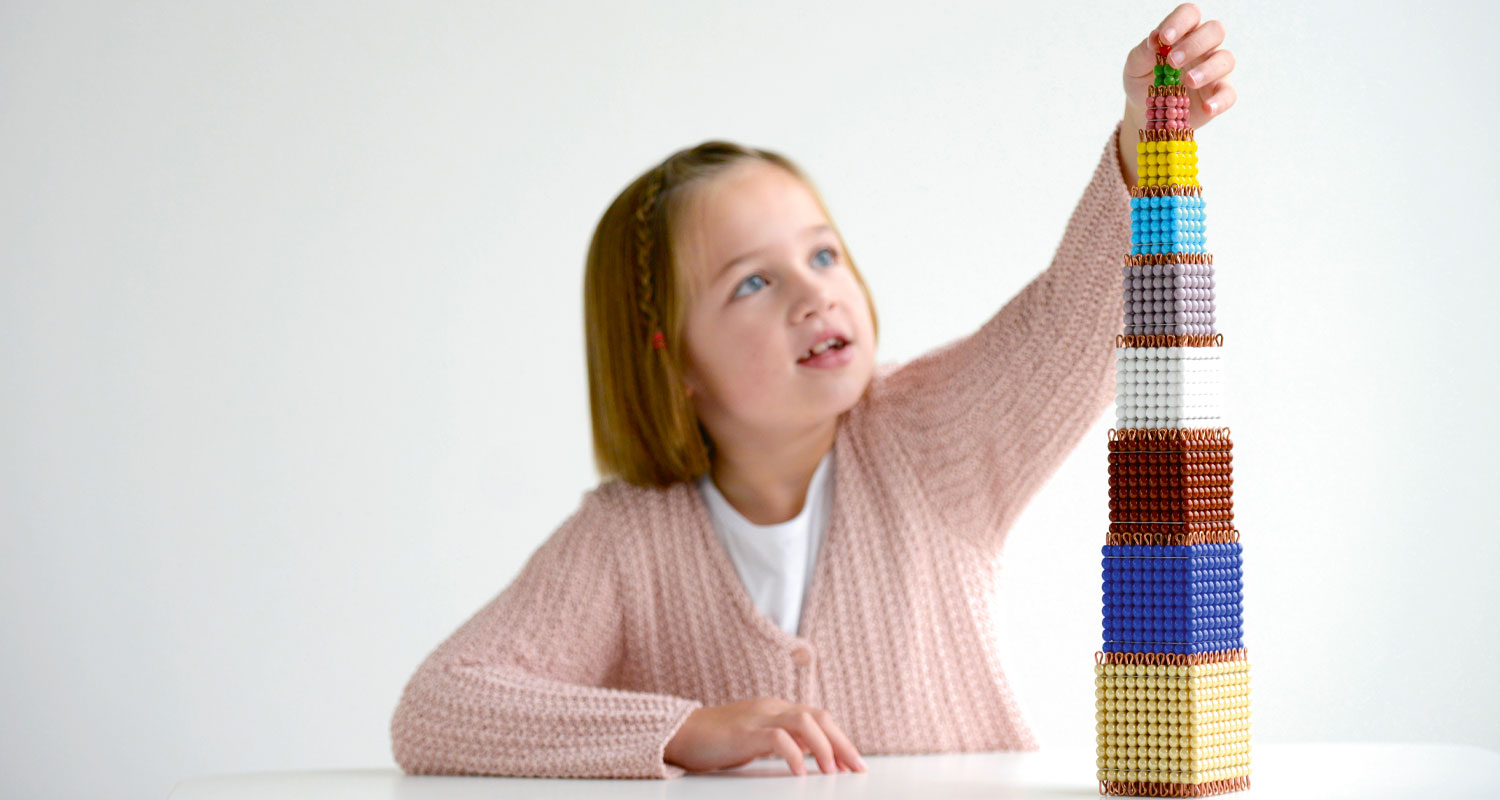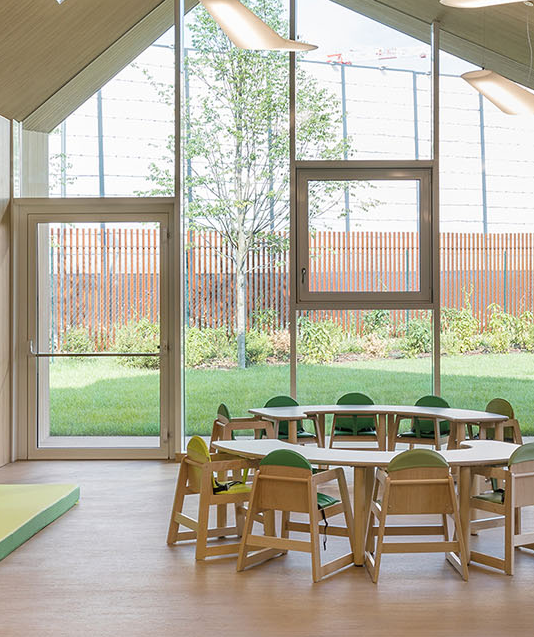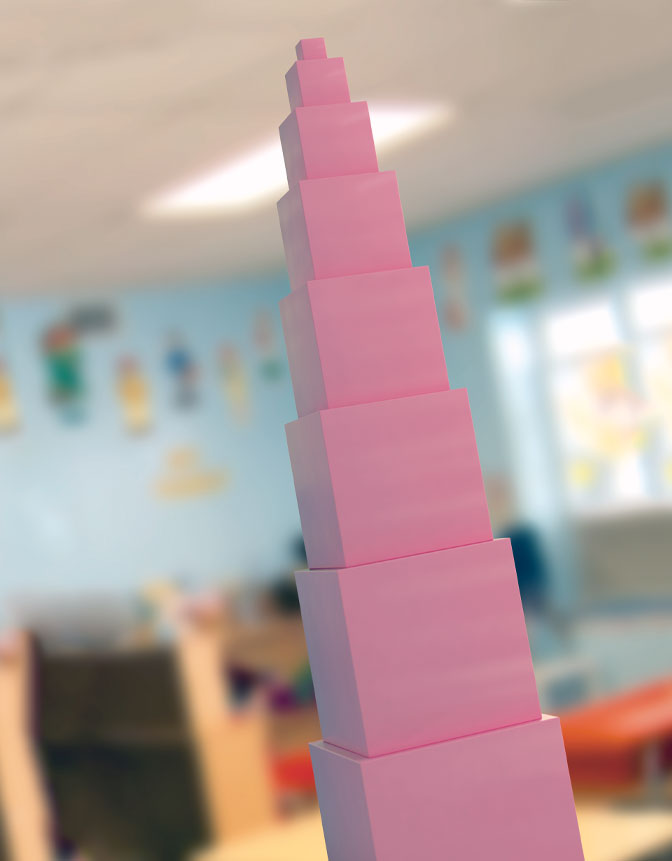What Is Montessori Education?
At the heart of Montessori education is the belief that children learn best in a social environment that nurtures and supports each child’s unique development.
Unlike traditional kindergartens, which often rely on group-based learning, Montessori emphasizes individual learning paths. Since no two children are exactly alike, they benefit most from personalized guidance. Each child is ready for different experiences at different times, and Montessori respects these natural rhythms of development.
This individualized approach gives children the time and freedom to master skills that are personally meaningful and developmentally appropriate.

How Montessori Education Builds Children’s Self-Esteem
Montessori education acknowledges that children go through distinct developmental phases during which they are especially receptive to learning specific skills. These “sensitive periods” don’t occur at the same time for every child.
Rather than grouping children strictly by chronological age, Montessori classrooms are organized into three-year age spans. This structure allows children to learn at their own pace - free from the pressure of being compared to others. It also encourages peer learning, where younger children look up to older ones as role models, and older children reinforce their knowledge by mentoring their younger peers.
This multi-age environment fosters not only academic progress but also confidence, empathy, and leadership.
The holistic Montessori approach supports children's physical, cognitive, and emotional development while fostering a lifelong love of learning. The classroom becomes a place where children feel confident, capable, and empowered to explore and grow.
Montessori Education and the Stages of Childhood Development
Montessori focuses on developmental readiness rather than rigid age benchmarks. Children are grouped in learning environments that span three years, which allows each child to progress according to their natural pace, without the pressure of being labeled “advanced” or “behind.”
1 year old
Encouraged to explore their surroundings with curiosity and movement. A safe, sensory-rich environment supports early independence.
2 years old
Development of language, motor skills, and early social interaction. Activities are designed to promote autonomy and hands-on discovery.
3-6 years old
Children build foundational academic skills, concentration, and independence. Practical life activities and sensorial materials lay the groundwork for reading, writing, and math.
6-11 years old
This stage focuses on abstract thinking, reasoning, and collaborative work. Children become interested in the world around them and begin to develop social responsibility.
Montessori education empowers children to learn with confidence, grow with independence, and flourish at their own pace - all within a thoughtfully prepared environment that respects and nurtures the whole child.


